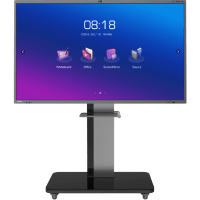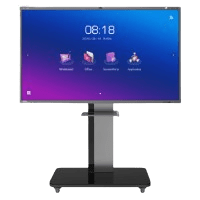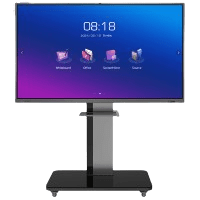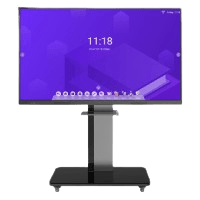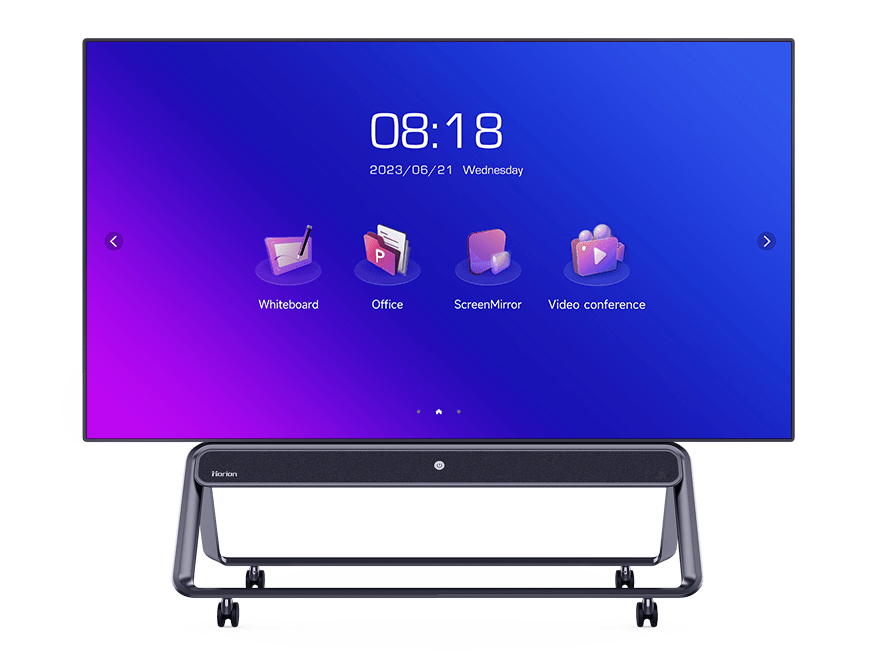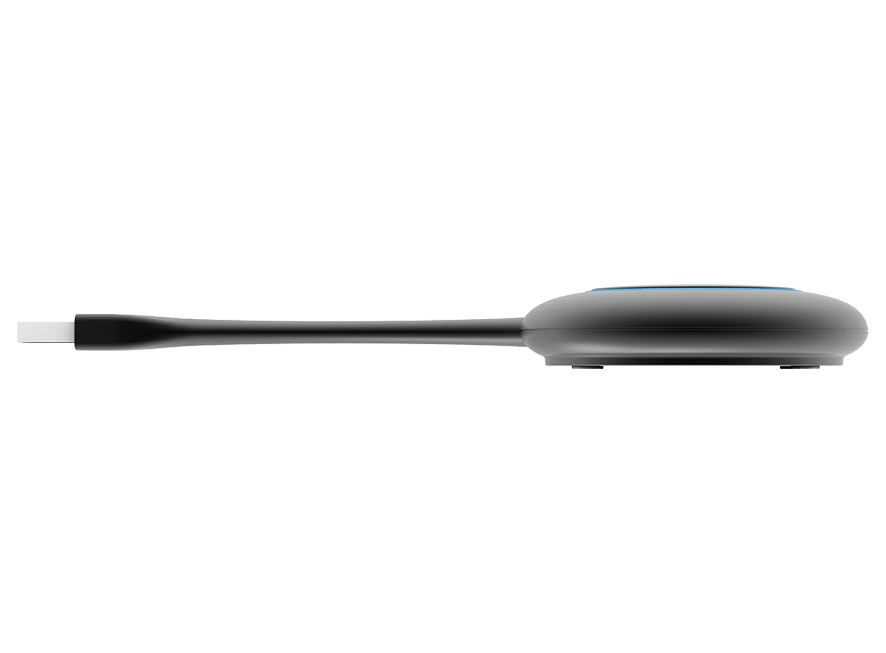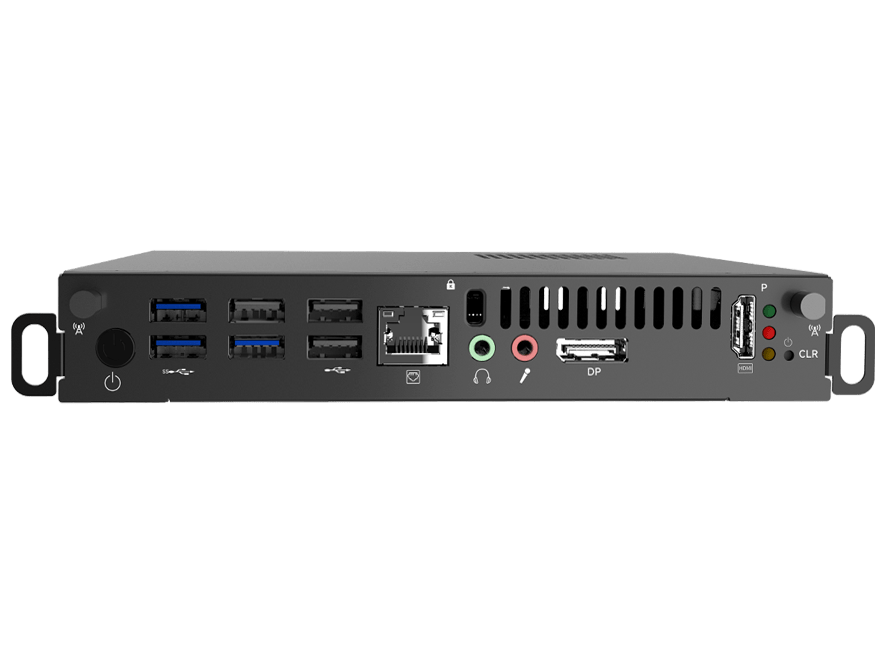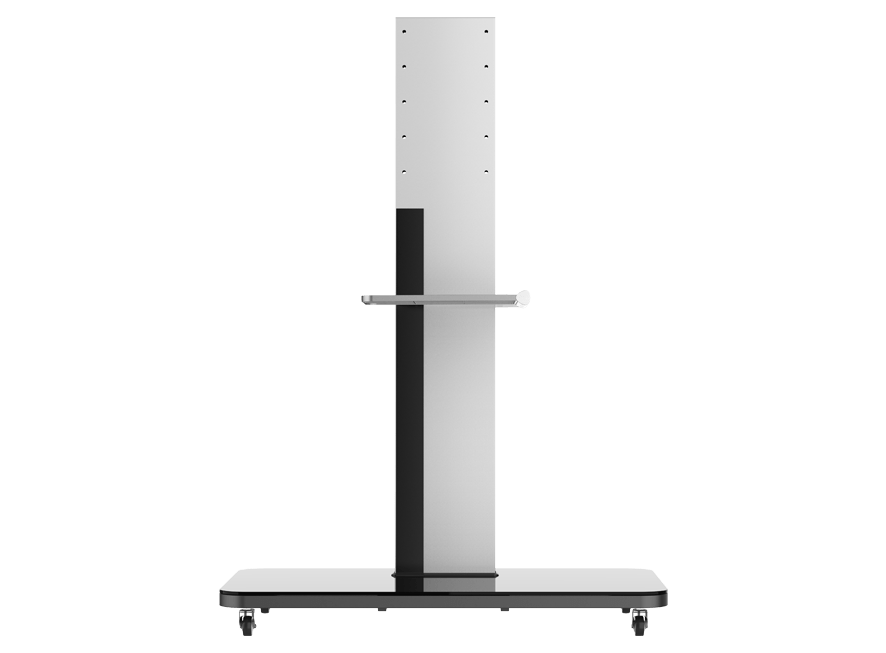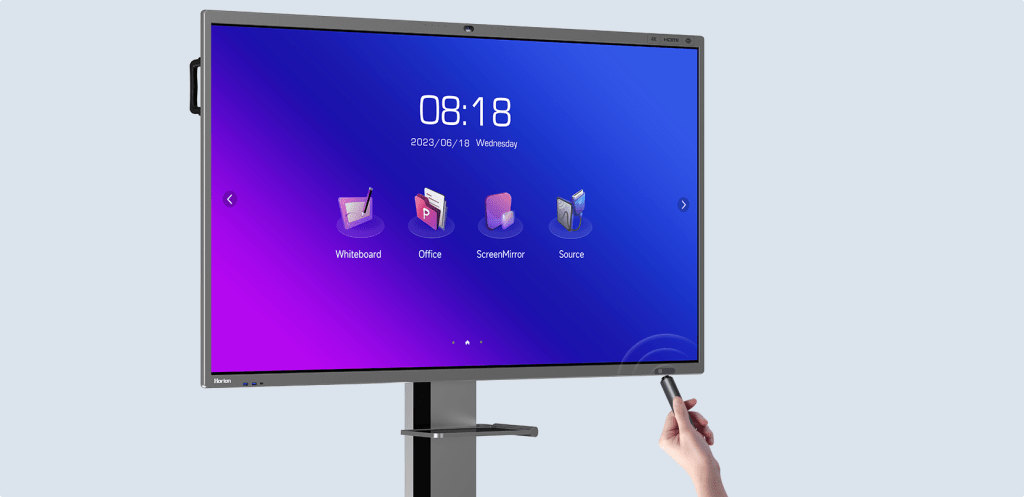
In the ever-evolving digital landscape, the UAE government has consistently remained at the forefront of technological innovation. One of the most impactful tools making waves across various departments is the interactive display.
These dynamic solutions are reshaping how officials communicate, engage, and make decisions. From council meetings to public service centers, these displays are critical enablers of smarter, more efficient governance.
This article highlights 10 valuable uses of interactive displays for government UAE, showcasing how these systems support national goals, enhance workflows, and empower both employees and citizens.
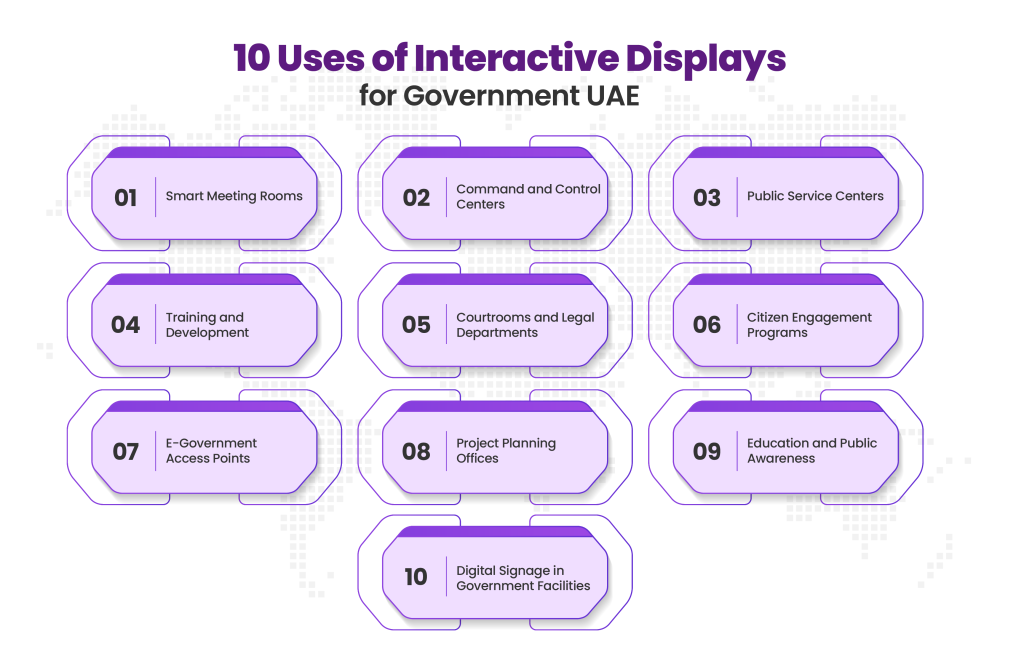
Smart Meeting Rooms
Interactive displays revolutionize traditional government meeting rooms. With real-time editing, on-screen annotations, and multi-device connectivity, officials can collaborate seamlessly.
- Digital brainstorming with instant edits
- Clear data presentation and annotation
- Integration with video conferencing platforms
- Paperless meeting environments
Combined with secure collaboration tools, this setup ensures confidential discussions remain protected while boosting engagement.
Command and Control Centers
For public safety, infrastructure, or emergency response, command centers rely on high-performance tools. Interactive displays enable immediate access to real-time data and better coordination.
- Multi-screen live feeds
- Responsive map interaction
- Quick annotation during briefings
- Real-time scenario simulations
Interactive displays for government UAE bring unmatched clarity and responsiveness to mission-critical operations.
Public Service Centers
At citizen-facing offices, these displays improve service flow and help automate repetitive tasks. With easy-to-navigate interfaces, visitors can access services without waiting in long queues.
- Self-service form submission
- Appointment scheduling kiosks
- Multilingual support systems
- Feedback collection stations
This use case supports the larger shift toward digital governance solutions, aiming to make public services more accessible and user-friendly.
Training and Development
Interactive displays enhance government training programs, offering visual and hands-on learning experiences. This is essential for upskilling employees and adapting to new regulations or digital systems.
- Touch-enabled educational modules
- Interactive video demonstrations
- On-screen quizzes and feedback
- Virtual training for remote staff
When integrated with secure collaboration tools, trainees across multiple locations can join sessions with full interactivity and data safety.
At Horion, we’re people-focused. We believe that technology is most powerful when it connects us and channels our collective potential. We’re not just selling displays; we’re investing in your future. (CTA)
Courtrooms and Legal Departments
Digital evidence presentation is becoming a staple in courtrooms and legal offices. Interactive displays streamline complex legal processes by making data visual and interactive.
- Annotate documents in real time
- Zoom in on evidence images
- Highlight legal arguments live
- Connect with AV systems for broader display
Using interactive displays for government UAE in judicial environments ensures that both clarity and efficiency are upheld in legal proceedings.
Citizen Engagement Programs
Interactive technology helps governments run more engaging public campaigns. From health awareness to sustainability, messaging becomes more impactful when delivered interactively.
- Touch-based infographics
- Multi-user interactive storytelling
- Survey and poll displays
- Multimedia-rich presentations
These efforts enhance the UAE’s broader digital governance solutions by encouraging transparency, education, and public participation.
E-Government Access Points
Placed in libraries, community centers, or airports, displays can serve as access points for various e-government platforms. This helps bridge digital divides in communities.
- Apply for permits and IDs
- Check visa or tax status
- Submit service requests
- Read official notices and FAQs
This makes government services available beyond traditional offices and supports smart service delivery nationwide.
Project Planning Offices
Urban planning and infrastructure departments use these displays to visualize development projects. Teams can interact with architectural plans, city layouts, and construction timelines.
- Interactive map displays
- Layered design annotations
- Project milestone tracking
- Side-by-side comparison of alternatives
Interactive displays combined with secure collaboration tools ensure that multiple departments and stakeholders can work together effectively without compromising sensitive data.
Education and Public Awareness
For government-led education initiatives in health, finance, or sustainability, interactivity boosts audience engagement and retention.
- Interactive quizzes and diagrams
- Video-based instructions
- Live feedback from participants
- Mobile displays for field events
Such awareness campaigns serve as powerful vehicles for interactive displays for government UAE, reaching citizens through intuitive learning tools.
Digital Signage in Government Facilities
Beyond interactivity, these displays act as dynamic signage systems in halls, airports, ministries, and courts.
- Live announcements and emergency alerts
- Event schedules and directions
- Campaign visuals and recognition displays
- Automated content scheduling
This adds a modern, responsive touch to the public experience inside government buildings.
Aligning with UAE’s Vision
The UAE government’s push toward smart cities and paperless operations makes interactive displays a key part of its digital transformation. Their use aligns with core national priorities, including:
- Smart governance
- Sustainable public services
- Data-driven decision making
- Enhanced citizen satisfaction
By incorporating digital governance solutions and secure collaboration tools into everyday workflows, UAE departments can ensure faster, safer, and more transparent services.
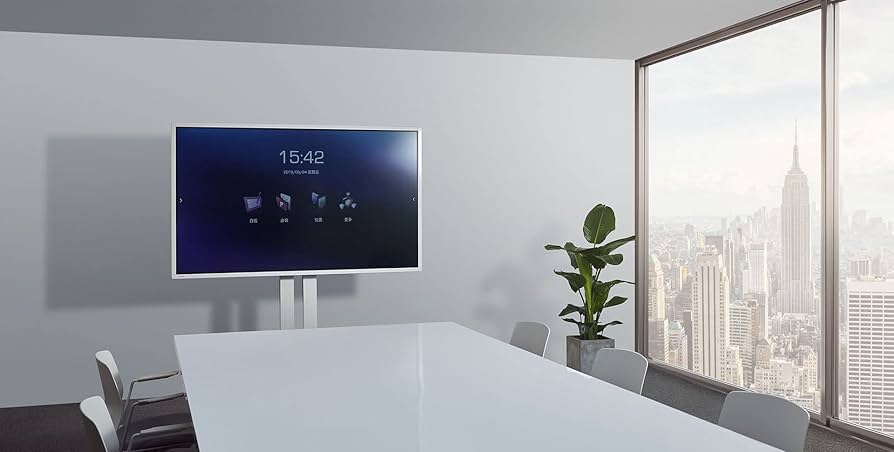
FAQs
What are interactive displays?
They are touchscreen-enabled digital boards used for presentations, collaboration, and data visualization.
Why are interactive displays important for government offices?
They boost collaboration, enhance decision-making, and support paperless initiatives.
Can interactive displays be used in training rooms?
Yes, they help deliver engaging, interactive training sessions with real-time annotations
Are they useful for meetings and presentations?
Absolutely, they replace projectors with more clarity, interactivity, and smart tools.
How do they support remote collaboration?
Built-in video conferencing, screen sharing, and whiteboarding connect remote teams instantly.
Can they be used for public announcements or briefings?
Yes, they offer dynamic visuals, real-time updates, and multilingual support.
Are they secure for sensitive government data?
Yes, they include security features like encrypted sharing, access control, and admin-level restrictions.
Can departments use them for project planning?
Yes, teams can brainstorm, draw timelines, and collaborate on documents directly on screen.
How are interactive displays used in control rooms?
They monitor dashboards, maps, and live feeds, helping fast and informed responses.
Do they reduce the need for printed reports?
Yes, they enable digital document review, editing, and presentation, promoting sustainability.
Conclusion
From high-level decision-making to front-line citizen interaction, the uses of interactive displays for government UAE are wide-ranging and transformative.
As technology continues to evolve, these displays will become even more integral to efficient governance, improved public trust, and smarter service delivery.
Whether you’re modernizing training rooms, upgrading command centers, or improving citizen engagement, interactive displays are the digital building blocks of a more connected and efficient UAE.

